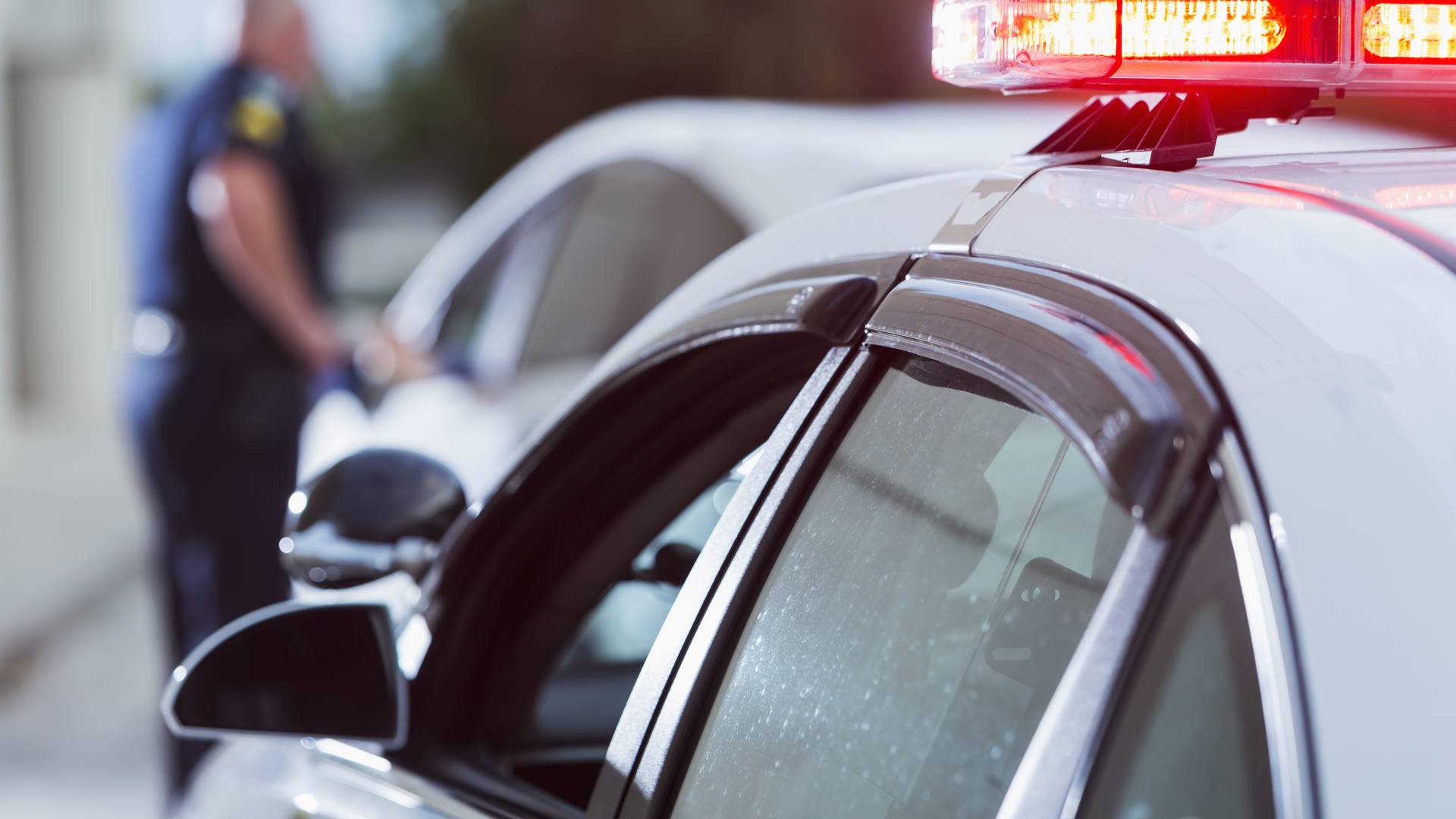Austin Alcohol Offense Attorneys
Working With You to Find Justice
Alcohol-related offenses in Texas can have significant legal and personal consequences. Although most people associate alcohol offenses with driving under the influence, these charges encompass various violations, from underage possession and consumption to public intoxication and providing alcohol to a minor. While many of these offenses specifically target individuals under 21, adults can also face serious penalties for alcohol-related crimes. Whether you are a minor caught with alcohol or an adult accused of an alcohol-related offense, the impact of a conviction can be far-reaching.
An alcohol charge can be overwhelming and stressful. A misdemeanor or felony conviction can affect your education, employment opportunities, and even your ability to secure housing. Penalties include fines, mandatory community service, driver’s license suspension, or even jail time. Without the proper defense, a single mistake could have lasting repercussions.
At Cofer & Connelly, PLLC, our team, which includes former prosecutors and judges, has handled thousands of cases and taken more than 350 to trial. Backed by over 100 years of combined experience, we approach every case with a strategic, client-focused mindset. We analyze the details of your situation, explore every legal option, and build a defense to pursue a favorable outcome.
To schedule a consultation with our criminal defense law firm and to get the legal counsel you deserve for your alcohol offense case, contact us online or via phone at (512) 991-0576.
Common Alcohol-Related Offenses in Austin
Texas law strictly regulates alcohol-related offenses, with various statutes outlining what constitutes illegal possession, consumption, and distribution. Many of these laws apply specifically to minors, but adults can also face serious charges for certain violations.
Alcohol-related offenses are prosecuted under the Texas Alcoholic Beverage Code or the Texas Penal Code, depending on the nature of the alleged crime.
Some of the most common offenses handled by the courts in Austin include the following:
- Minor in possession. Under Texas Alcoholic Beverage Code § 106.05, a minor commits an offense if they possess an alcoholic beverage. Exceptions apply in limited circumstances, such as when a minor is working for a licensed business or under parental supervision in specific situations.
- Consumption of alcohol by a minor. According to Texas Alcoholic Beverage Code § 106.04, it is illegal for a minor to consume alcohol. This offense differs from possession charges, as it requires proof that the individual drank alcohol rather than simply having it on their person.
- Providing alcohol to a minor. Anyone who knowingly purchases alcohol for or furnishes alcohol to a minor can be charged under Texas Alcoholic Beverage Code § 106.06.
- Public intoxication. Texas law prohibits individuals from being intoxicated in public to the extent that they pose a danger to themselves or others. Texas Penal Code § 49.02 defines public intoxication as being visibly impaired in a public place due to alcohol or drugs.
- Possession of alcohol in a motor vehicle. Under Texas Penal Code § 49.031, it is illegal to knowingly possess an open container of alcohol while in the driver’s seat or passenger seat of a motor vehicle. Even if the car is parked, possessing an open alcohol container can lead to fines and other legal consequences.
- DWI. Driving while intoxicated (DWI) is one of the most serious alcohol-related offenses in Texas. Under Texas Penal Code § 49.04, a person is considered intoxicated if they operate a vehicle while impaired by alcohol or drugs or if their blood alcohol concentration (BAC) exceeds the legal limit. Even being in a car after drinking—without driving—can lead to potential DWI charges in some circumstances
Legal Consequences of Alcohol-Related Offenses
Whether the charge involves underage possession, public intoxication, or providing alcohol to a minor, the consequences upon a conviction can include fines, incarceration, and driver’s license suspension. A conviction can also impact educational opportunities, employment, and professional licensing.
The severity of penalties for alcohol-related offenses depends on the specific charge and whether the accused has prior convictions:
- Offenses involving minors. Many alcohol-related offenses committed by minors are Class C misdemeanors, punishable by fines of up to $500. However, repeat offenses can lead to harsher penalties, including increased fines of up to $2,000 and up to 180 days of confinement. Courts may also impose mandatory community service and order the completion of alcohol education programs. Additionally, the Texas Department of Public Safety can suspend a minor’s driver’s license, or if they do not yet have one, the DPS may deny their application.
- Public intoxication and possession of alcohol in a vehicle. These offenses are also Class C misdemeanors, with fines up to $500. While they may seem minor, accumulating multiple convictions can result in escalating penalties and increased scrutiny from courts and law enforcement.
- Providing alcohol to a minor. More serious alcohol-related offenses, such as furnishing alcohol to a minor or DWI, carry steeper consequences. These offenses can result in higher misdemeanor charges, leading to possible confinement, substantial fines, and long-term repercussions beyond the courtroom.
Defense Strategies for Alcohol-Related Offenses
When facing an alcohol-related charge, having a skilled attorney who can identify and leverage appropriate defense strategies is critical. The outcome of your case may hinge on how effectively your legal team challenges the evidence, scrutinizes police procedures, or explores alternatives to traditional sentencing. We can provide you with a defense strategy tailored to your situation, protecting your rights and future.
Possible ways to fight an alcohol-related charge include:
- Challenging the evidence. A strong defense often involves questioning whether the officer had probable cause for the arrest or if the search and seizure of evidence was lawful. If police acted outside their legal authority, it could result in evidence being excluded from the case, weakening the prosecution's argument.
- Proving a lack of intent or knowledge. In some alcohol-related cases, proving that the defendant had no intent or knowledge of the offense can be a powerful defense.
- Questioning witness credibility and police procedures. Witness testimony can be a critical piece of any criminal case. Still, not all witnesses are credible, and not all police actions are flawless. We focus on questioning the credibility of witnesses and examining police procedures to uncover any discrepancies or violations.
- Exploring diversion programs. Sometimes, the most effective defense doesn’t involve a trial at all. In many cases, diversion programs offer a way to avoid criminal convictions and incarceration altogether, especially for first-time offenders. These voluntary programs often include counseling, community service, and alcohol education.

Our Impact
-
103 Years of Experience
-
32,000 Cases
-
357 Trials

Our team of criminal defense lawyers in Austin are backed by more than 100 years of combined experience as felony prosecutors, judges, and defense attorneys.































